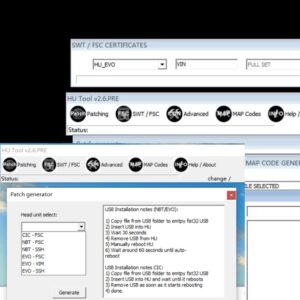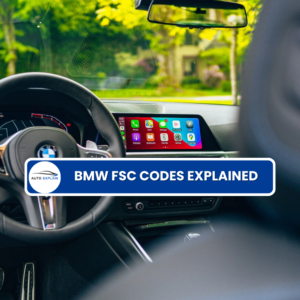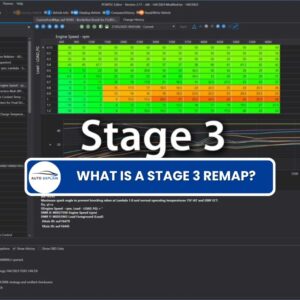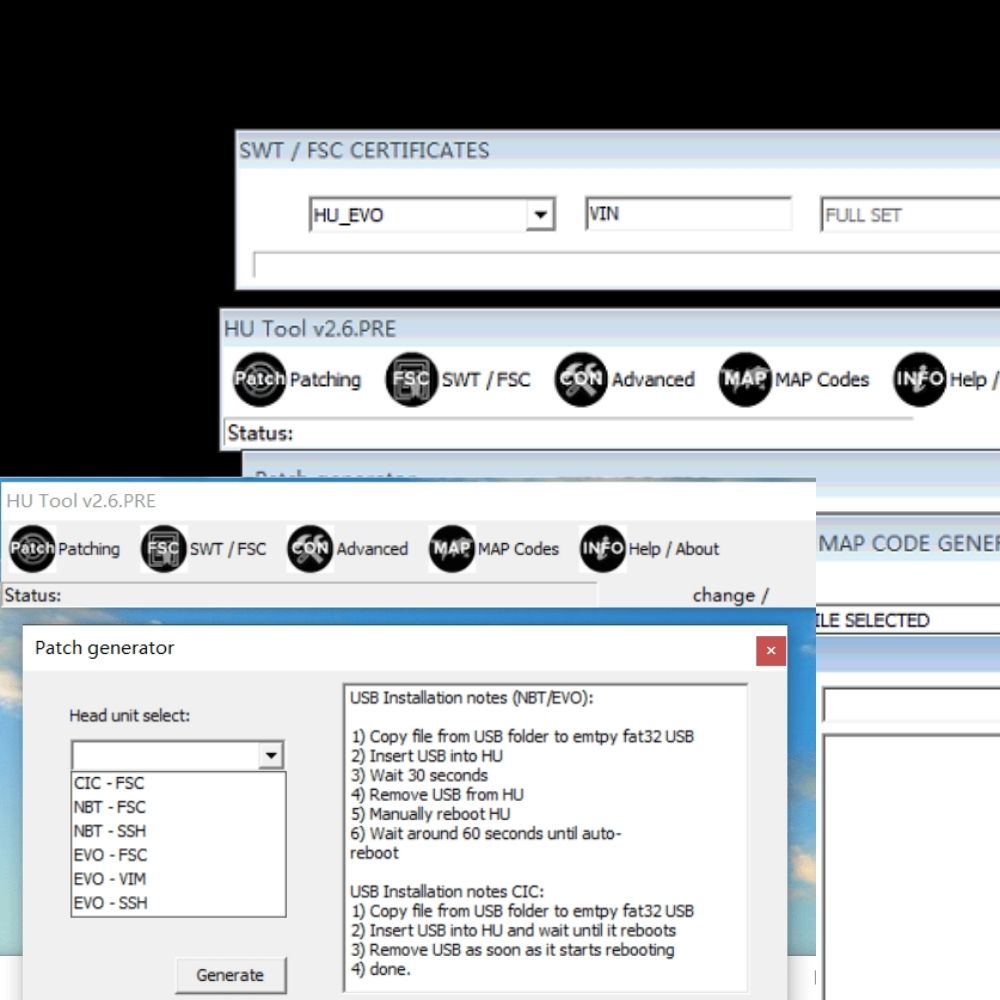
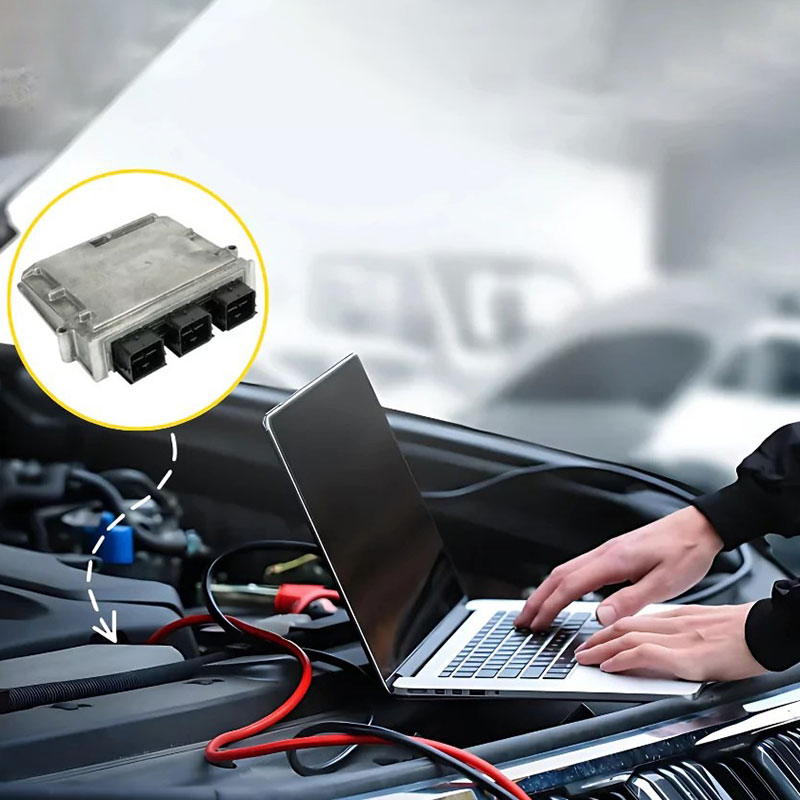
What is a Powertrain Control Module?
The powertrain control module (PCM) is essentially the brain of your vehicle’s engine and transmission. It’s a sophisticated computer that manages a vast array of functions, impacting everything from fuel efficiency to emissions control. Within the first 50 words, we’ll uncover the core functions of this critical component and why understanding it is crucial for every car owner.
Table of Contents
ToggleDecoding the PCM: Function and Importance
The PCM constantly monitors various sensors throughout the powertrain, including the engine, transmission, and exhaust system. Based on the data received, it adjusts parameters like fuel injection timing, ignition timing, and transmission shifting to optimize performance and efficiency. Imagine a conductor leading an orchestra – the PCM orchestrates the complex interplay of various components to ensure a smooth and harmonious operation of your vehicle.
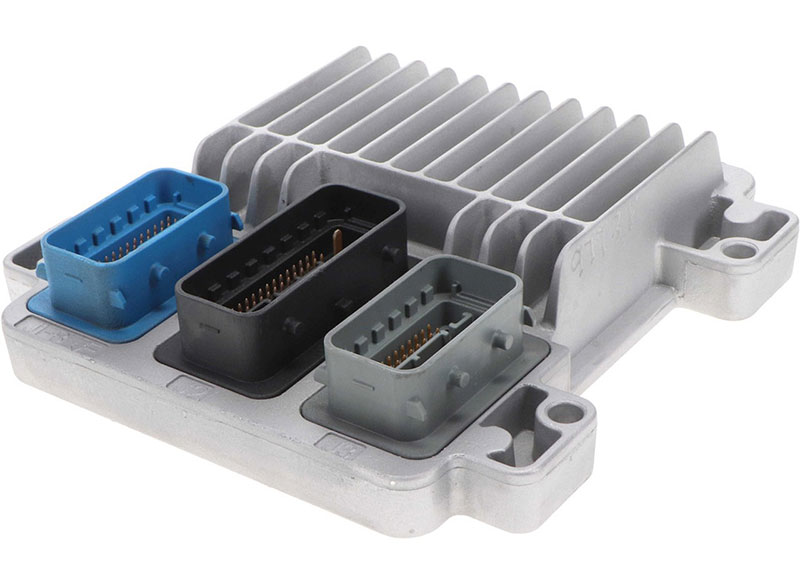
Why is the PCM so Vital?
A properly functioning PCM is crucial for several reasons:
- Fuel Efficiency: The PCM optimizes fuel delivery, leading to better gas mileage.
- Emissions Control: It regulates the engine’s emissions to meet environmental standards.
- Performance: By precisely controlling engine and transmission functions, the PCM ensures optimal power delivery and smooth shifting.
- Drivability: A healthy PCM contributes to a smoother, more responsive driving experience.
- Diagnostics: The PCM stores diagnostic trouble codes (DTCs) that help mechanics identify and fix problems.
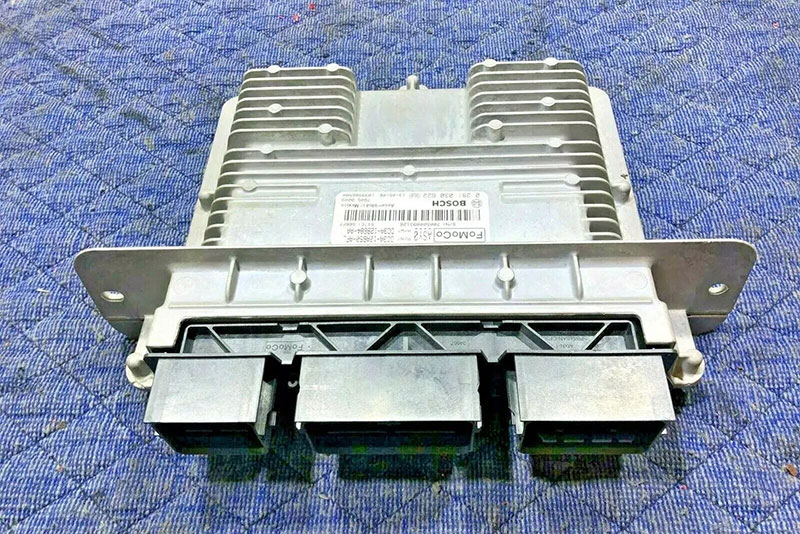
What Does a Powertrain Control Module Do?
The PCM is a tireless multitasker, constantly juggling various responsibilities. Here’s a glimpse into its workload:
- Managing Fuel Injection: The PCM determines how much fuel is injected into the engine and when.
- Controlling Ignition Timing: It dictates the precise moment the spark plugs ignite the air-fuel mixture.
- Regulating Transmission Shifting: The PCM governs the shifting patterns of the transmission for optimal gear selection.
- Monitoring Emissions: It keeps track of exhaust gas composition and adjusts engine parameters to minimize harmful pollutants.
- Controlling Variable Valve Timing (VVT): In vehicles equipped with VVT, the PCM adjusts the timing of the intake and exhaust valves to optimize engine performance and efficiency.
- Communicating with Other Modules: The PCM interacts with other control modules in the vehicle, such as the anti-lock braking system (ABS) and the electronic stability control (ESC) system, to ensure coordinated operation.
Inside the Powertrain Control Module: Key Components
The PCM is a complex piece of technology. Components of ECU are sophisticated. While a detailed explanation requires specialized knowledge, understanding the basic components helps appreciate its complexity. These include a microprocessor, memory, input/output circuits, and a communication interface.
“A well-maintained PCM is the key to a healthy engine. Regular check-ups can prevent costly repairs down the line.” – John Smith, Automotive Engineer
What are the Symptoms of a Bad Powertrain Control Module?
A malfunctioning PCM can manifest in various ways, some subtle, some dramatic. Recognizing these signs is vital for prompt diagnosis and repair. ECU plays a vital role. Common symptoms include:
- Check Engine Light: This is often the first indicator of a PCM problem.
- Poor Fuel Economy: A noticeable drop in gas mileage can suggest a PCM issue.
- Rough Idling or Stalling: The engine may idle erratically or stall unexpectedly.
- Transmission Problems: Difficulty shifting gears or erratic shifting behavior can point to a faulty PCM.
- Decreased Performance: The vehicle may experience a loss of power or acceleration.
- Starting Problems: The engine may crank but fail to start.
=> Learn more: The symptoms of a bad powertrain control module
In Conclusion: The Powertrain Control Module – Your Vehicle’s Command Center
The powertrain control module is a vital component responsible for the smooth and efficient operation of your vehicle. Understanding its function and importance is crucial for every car owner. Regular maintenance and prompt attention to any warning signs can prevent costly repairs and ensure a reliable and enjoyable driving experience.
=> Related post:
FAQ
- What is the difference between a PCM and an ECM?
- How much does it cost to replace a PCM?
- Can a bad PCM cause transmission problems?
- How do I know if my PCM is failing?
- Can a PCM be repaired?
- What are the most common causes of PCM failure?
- How often should a PCM be checked?
Need Help with Your Powertrain Control Module?
Contact us via WhatsApp: +1(936)2896695, email [email protected] or visit us at 4590 Angus Road, New York, United States. We have a 24/7 customer support team ready to assist you.

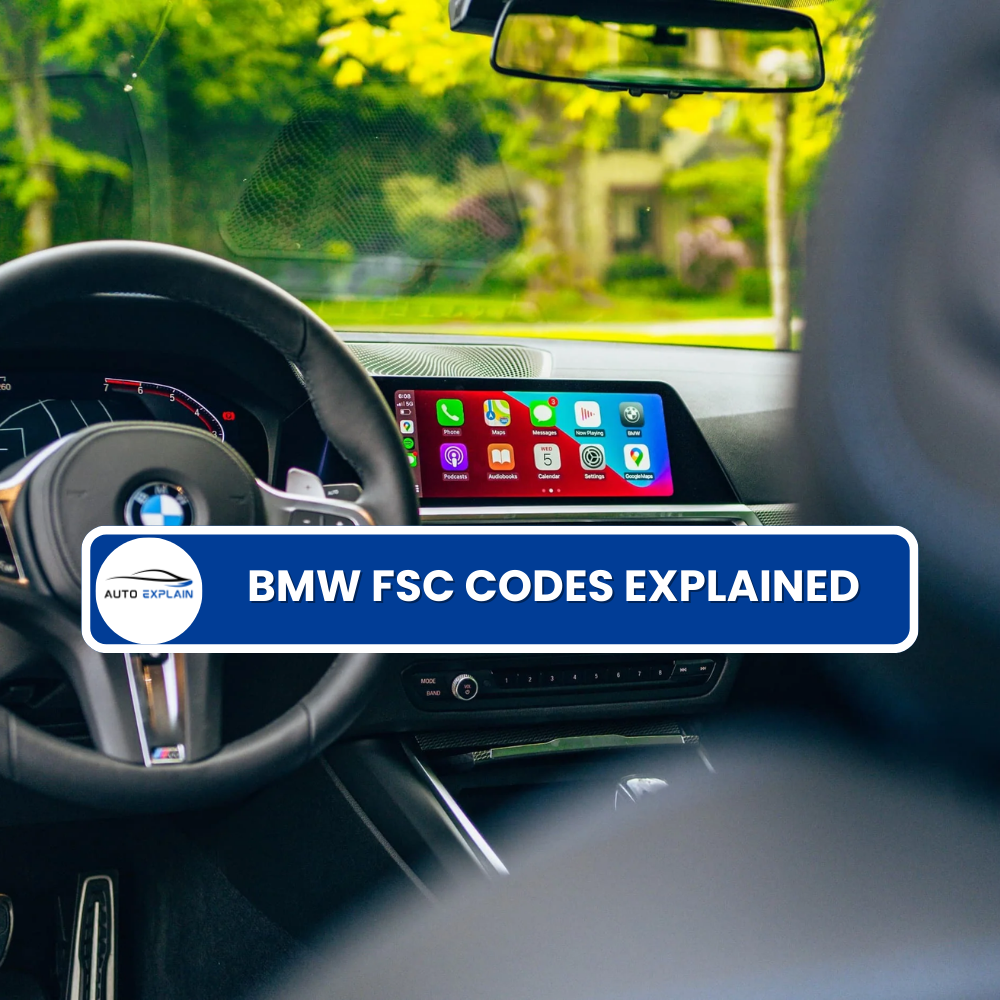
BMW FSC Codes Explained: Full FSC Code List for F-Series
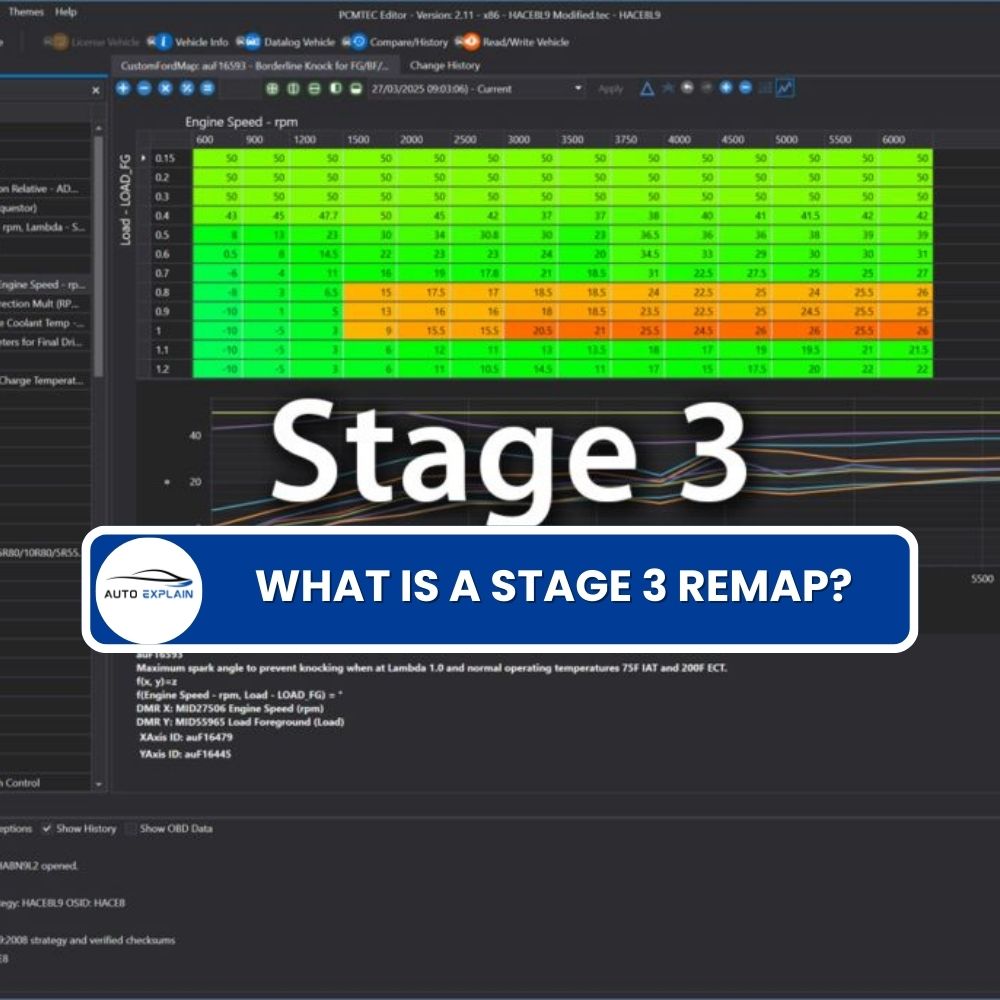
What is a Stage 3 Remap?
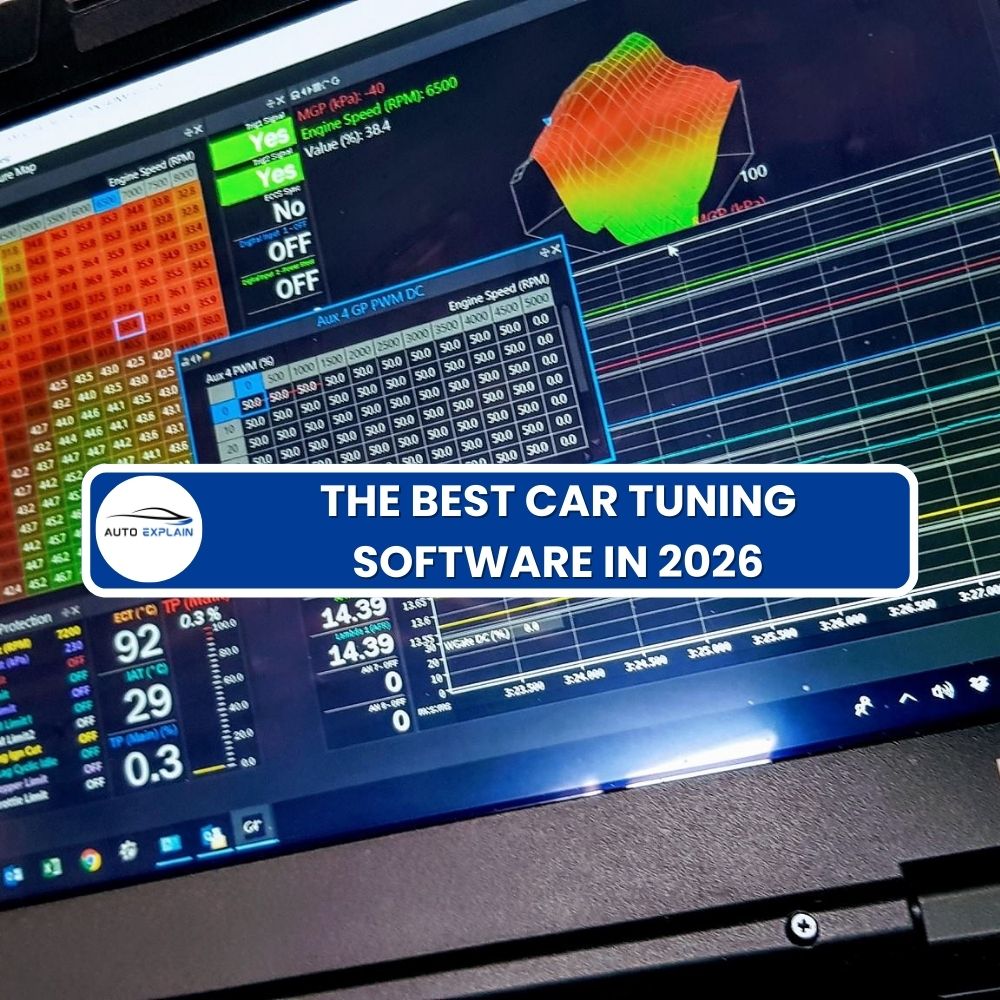
The Best Car Tuning Software in 2026: A Comprehensive Guide for Professionals




